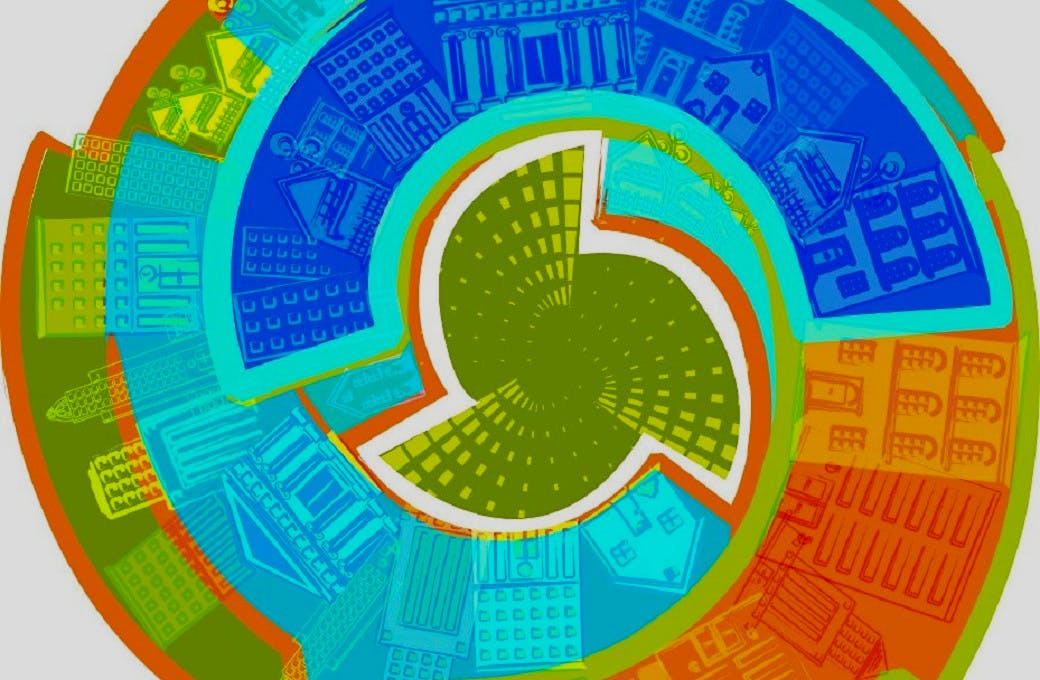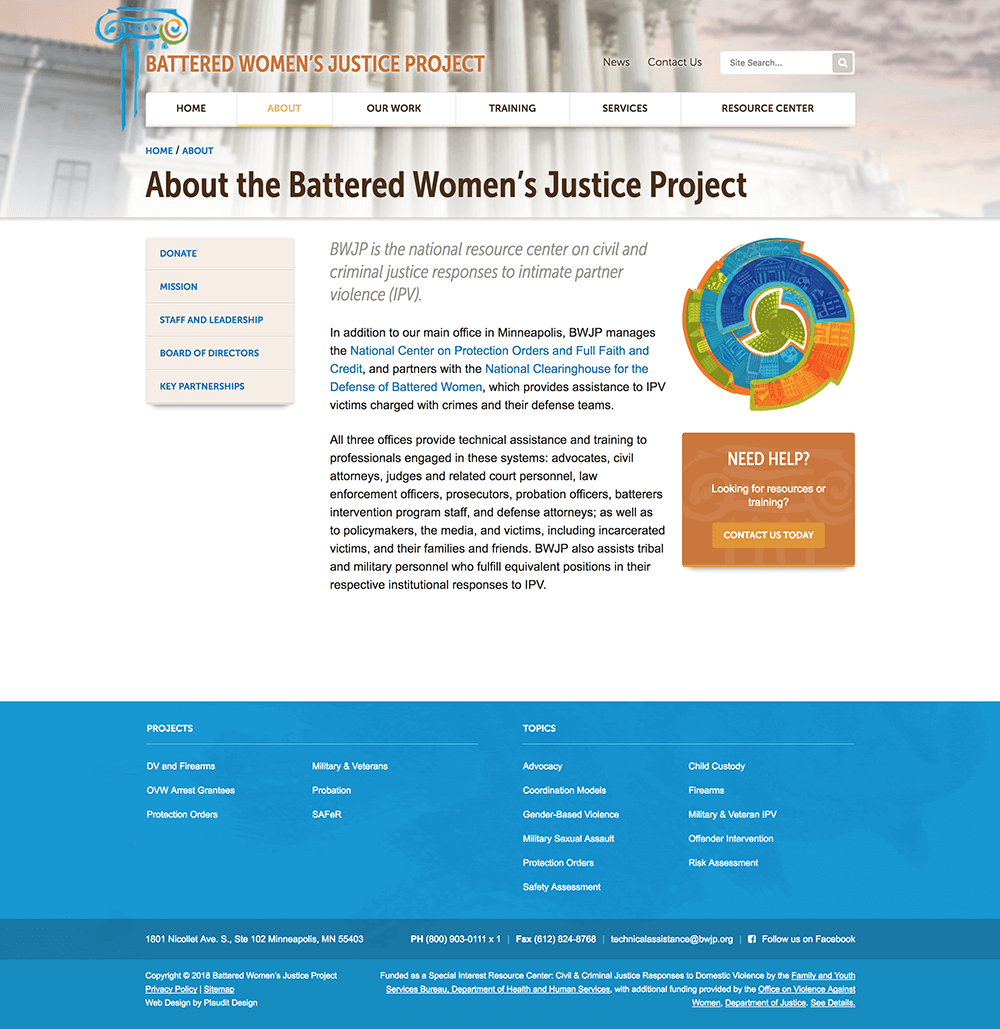
Battered Women's Justice Project: Register for October trainings now! | Hogg Foundation for Mental Health
From Victim Safety to Victim Engagement: Comments on “The Impact of Victim-Focused Outreach on Criminal Legal System Outcomes Following Police-Reported Intimate Partner Abuse” - Denise Gamache, 2012

Domestic Violence and Court Ordered Visitation: How to Minimize Trauma to the Child Loretta M. Frederick, Esq Battered Women's Justice Project. - ppt download

Christina M. Jones - Chief Executive of External Relations - Battered Women's Justice Project | LinkedIn

Something Was Wrong Podcast on Instagram: “Battered Women's Justice Project (BWJP) @batteredwomensjusticeproject promotes systemic change within the civil and criminal justice…”
















